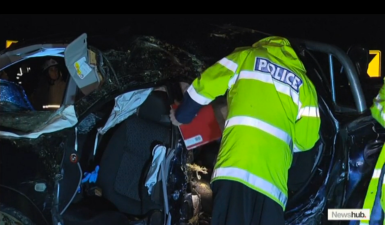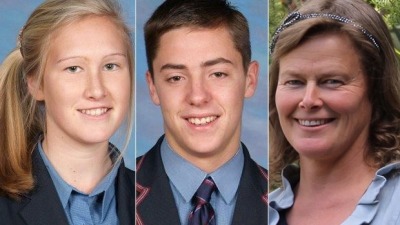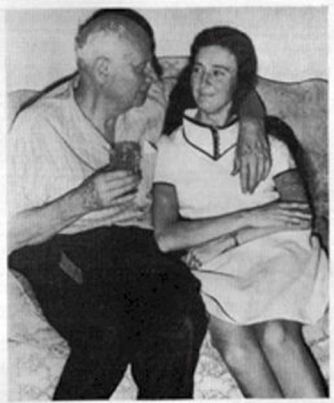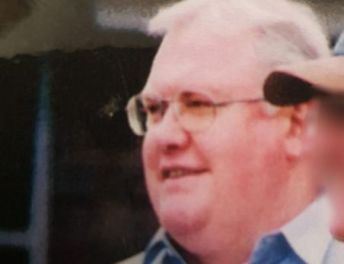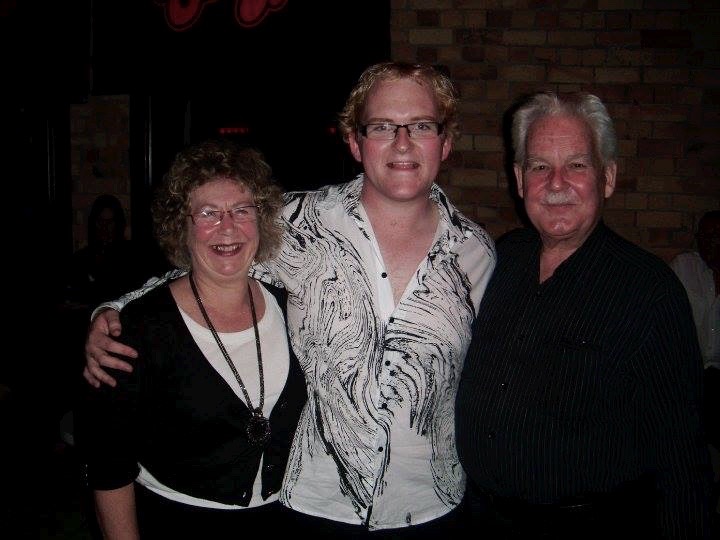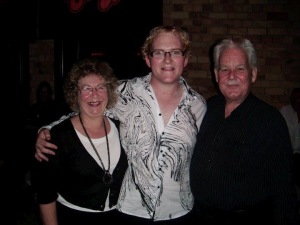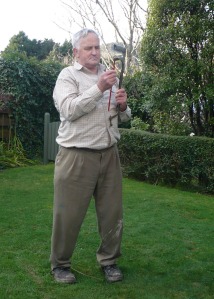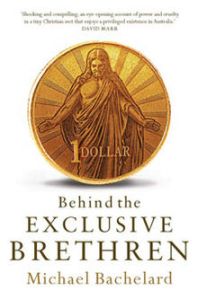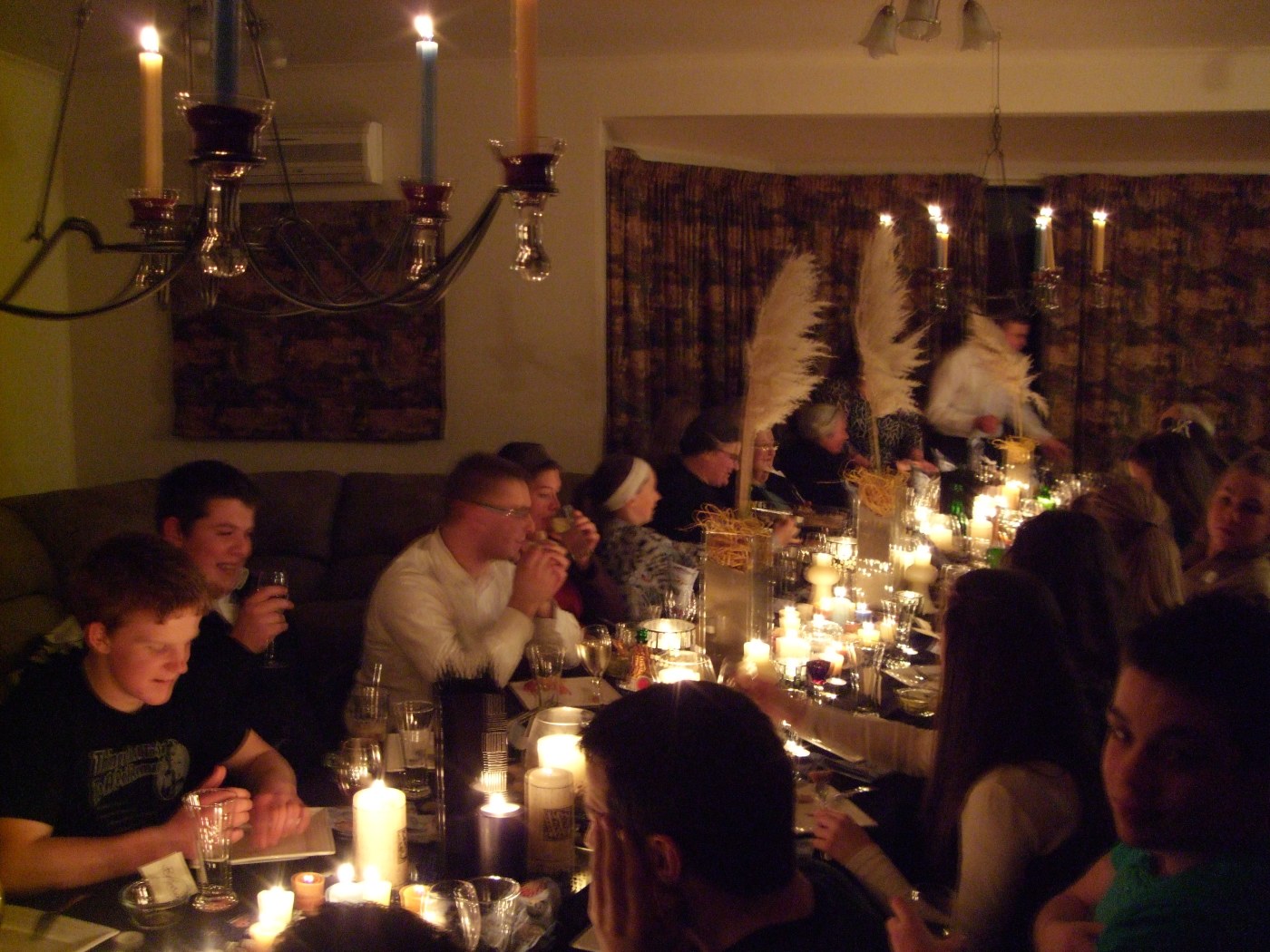I grew up learning to hate the media.
According to the religious doctrine of the Exclusive Brethren, the sect in which I was raised, the media represent a direct instrument of the devil. Leaders issued dire warnings about a “pipeline of filth” that contaminates all those who draw near.
Television and radio were banned. Newspapers were mostly avoided, and we were told to read them standing up so we didn’t get too comfortable engaging with the world. Access to the Internet was tightly controlled by the church.

Hundreds of Brethren were punished in 1981 for watching the wedding of Prince Charles and Lady Diana Spencer on TV. As a young child years later, I remember standing in front of a shop window to block a friend’s view of the television inside – I was concerned he’d be tempted to watch the screen.
My own punishment arrived in 2009, when the church threw me out for being gay. I’d come out to the priests a few years earlier, and subsequently endured their attempts to change my sexuality. Those efforts included sending me to live in Australia, where I was placed under the watchful eye of world leader Bruce Hales and drugged by a church doctor.
At the age of 19 I realised I had no future with the Exclusive Brethren and announced I was leaving. The church then “confined” me – the first stage of excommunication – and when it became clear I wouldn’t repent they moved to wash their hands of me entirely. The Brethren carried out the final stage of excommunication and “withdrew” from me on the 31st of October; that’s seven years ago today.
Learning how to engage with media played a large part in my life for those first few months outside the church. I learnt how to tune a radio dial, and figured out using a TV remote for the first time. It was like learning a foreign language. Yet now, seven years later, my life is bound up with the media in ways I could never have imagined.
Leaving the Brethren was a giant leap into the unknown. However I knew that the way I’d been treated was wrong, and I was determined to speak out for those who were suffering similar treatment at the hands of the church.
A few months after I was thrown out, a 60 Minutes reporter made contact and asked if I’d consider sharing my story. She was researching the Exclusive Brethren, and looking for someone who had recently left the sect to describe what life was like inside.
After some hesitation, I agreed. It was a chance to shine a spotlight on the terrible way the church was treating young people. But it wasn’t an easy call. I knew that going public would sever any chance of maintaining contact with my family; a sacrifice I ultimately accepted.

Working with 60 Minutes was my first real introduction to the media world. The reporter and producer on the team went above and beyond to make me feel comfortable, and took a genuine interest in my struggle to establish a new life. They quizzed me about my strengths and goals and later introduced me to their executive producer. Together they recommended I consider becoming a journalist, and offered to support that journey in any way they could.
Being a journalist wasn’t something that had crossed my mind. Yet the more I looked into it, the more appealing it seemed. The following year I enrolled at Auckland University of Technology, armed with a sterling letter of recommendation from 60 Minutes. A few months later I was offered part-time work on the programme. Within the space of two years I’d somehow gone from never having watched TV to working in a TV newsroom.

60 Minutes was part of the TV3 stable owned by Mediaworks, and I couldn’t have asked for a better place to explore the outside world. It was a crash course in life. I knew almost nothing about things like politics and popular culture, and became the world’s largest sponge as I soaked up a dizzying array of new information.
My colleagues played a large part in helping me adjust to a new reality. Reporters opened their homes, and became friends and family. Managers offered support. A producer took time one afternoon to teach me about David Bowie; he was horrified when I admitted I knew nothing about the music legend.
Mediaworks offered opportunities I would never have imagined possible when leaving the Exclusive Brethren. From my beginnings with 60 Minutes I moved to the digital news team, and later became a radio reporter. Radio segued into television, where I learnt the ropes producing and reporting for TV. It was a far cry from the days where I felt a duty to “save” my friend from the screen.

Being a journalist has greatly expanded my mind. Over the past five years I’ve been encouraged to challenge and question things – the complete opposite of my upbringing in the church. I’ve watched the newsroom dig into issues that didn’t seem right, and hold the powerful to account.
Today, as chance would have it, isn’t just the anniversary of my final excommunication from the Exclusive Brethren. It’s also the day I begin a new role as Senior Reporter with Fairfax NZ. Moving on feels strange, but it’s time once again to go exploring new horizons.
I’ll always be grateful for the part that Mediaworks has played in my life over the past years. Working in the newsroom restored my faith in humanity, and taught me that the world is full of people who care. (Despite my frequent bouts of workplace cynicism.)
That’s my main message to any Brethren reading this blog. The world is not a cold, dark place, despite what your leaders say. It will not “chew you up and spit you out”. Rather, if you take that leap into the unknown, there will be a great number of people waiting to help and support you in any way they can.
After seven years, I can assure you it’s well worth it.


